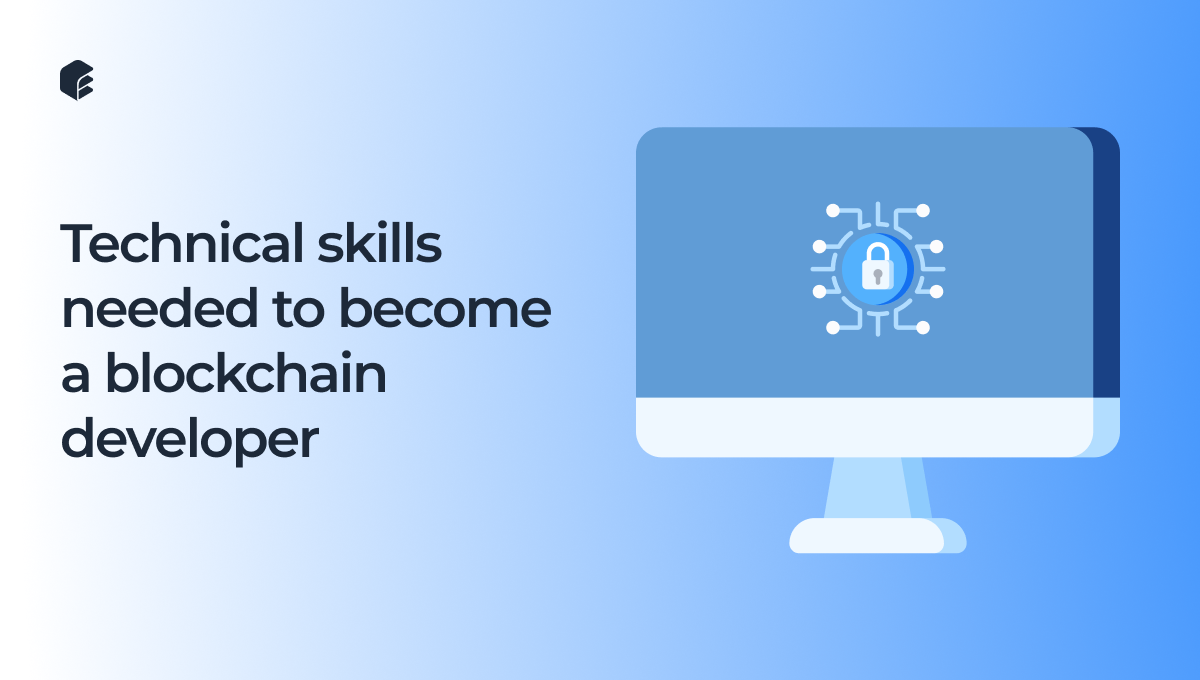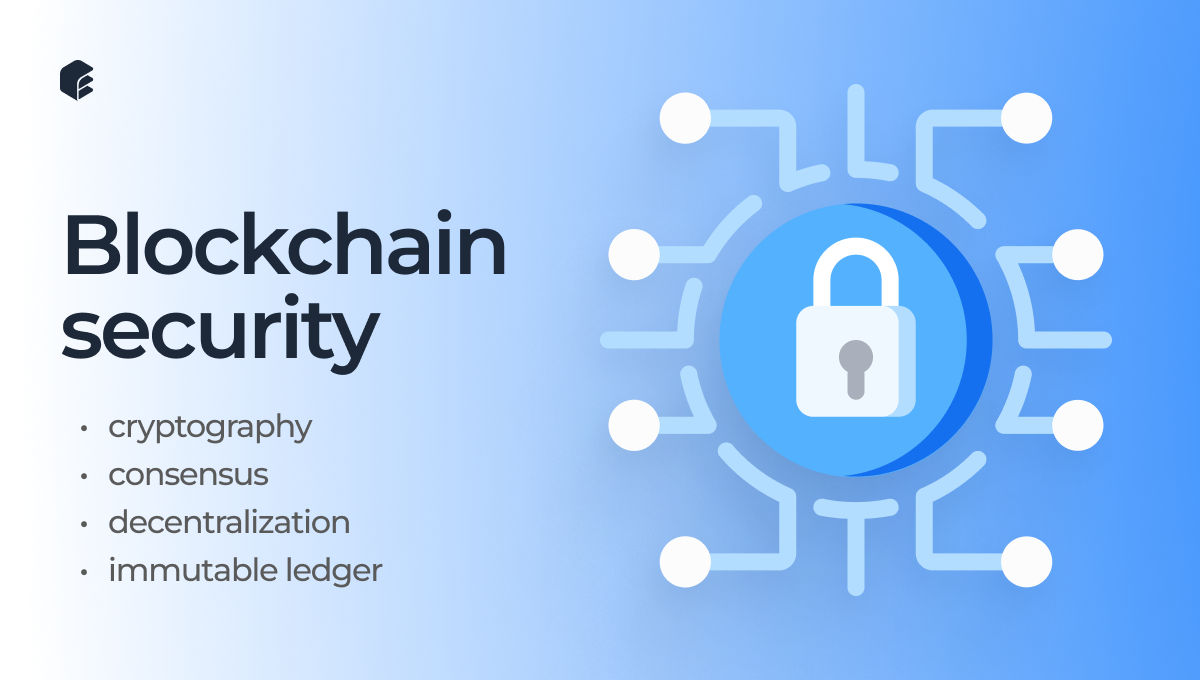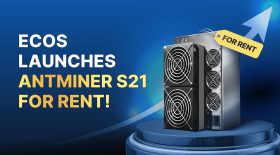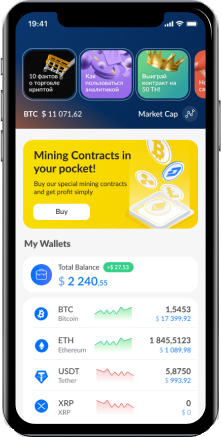Technical skills needed to become a blockchain developer

Introduction
What is blockchain technology? Blockchain technology and blockchain mining has emerged as one of the most promising technological innovations in recent times, with its potential to transform various industries through decentralized and secure transactions to mine crypto. As a result, the demand for blockchain developers has been on the rise, and many professionals are now seeking to acquire the necessary skills to enter this rapidly growing field and make it possible how to mine crypto. However, becoming a blockchain developer requires a unique set of technical skills and knowledge, which can be challenging to acquire without proper guidance. In this article, we will explore the technical skills needed to become a blockchain developer, including programming languages, development frameworks, crypto mining software, btc mining, cryptocurrency mining, cloud mining, mining profitability calculator, how long to mine 1 bitcoin how does crypto mining work, crypto mining calculator, and other essential tools and technologies. We will also discuss how to start mining bitcoin some tips and resources that can help aspiring developers to get started and succeed in this exciting and dynamic industry.
Understanding of blockchain security
Blockchain security is a critical aspect of the blockchain technology that underpins cryptocurrencies like Bitcoin. What is blockchain used for? At its core, the blockchain is a decentralized ledger that records and verifies transactions in a transparent and secure manner. The security of the blockchain relies on a few key components:
Cryptography: The blockchain uses advanced cryptographic techniques to secure transactions and prevent fraud. Each transaction on the blockchain is verified and signed using a private key, which ensures that only the owner of the key can access and modify the transaction data.
Consensus: The blockchain relies on a consensus mechanism to ensure that all nodes on the network agree on the state of the ledger. In the case of Bitcoin, this consensus mechanism is called proof-of-work, which involves miners competing to solve complex mathematical problems to add new transactions to the blockchain.
Decentralization: Because the blockchain is decentralized, it is not controlled by any single entity or organization. This makes it more resilient to attacks and censorship, as there is no central point of failure.
Immutable ledger: Once a transaction is recorded on the blockchain, it cannot be altered or deleted. This makes it impossible to manipulate the ledger after the fact, which helps to prevent fraud and ensure the integrity of the blockchain.
Knowledge of decentralized applications
Decentralized applications, bitcoins mining software or DApps, are applications that run on a decentralized network, such as a blockchain for mining crypto. These applications are designed to be more secure, transparent, and resistant to censorship than traditional centralized applications.
Some of the key features of DApps include:
Decentralization: DApps are decentralized, meaning that they run on a distributed network of nodes rather than a centralized server. This makes them more resistant to censorship and less vulnerable to single points of failure.
Transparency: Because DApps run on a blockchain, all transactions and data are recorded on a public ledger that is transparent and auditable. This means that DApps can be more trustworthy and less susceptible to fraud.
Security: DApps use advanced cryptographic techniques to secure transactions and protect user data. This makes them more secure than traditional centralized applications, which are vulnerable to hacking and other cyber attacks.
Token economics: Many DApps have their own tokens or cryptocurrencies that are used to incentivize users and facilitate transactions within the application. This can create a more self-sustaining and decentralized economy around the application.
Programming languages for blockchain development
Programming languages are the backbone of blockchain development. Developers must be proficient in at least one programming language to develop and deploy blockchain-based applications.
Some of the most popular programming languages for blockchain development include:
- Solidity: Solidity is a high-level programming language used to develop smart contracts on the Ethereum blockchain. It is similar to JavaScript and is relatively easy to learn.
- C++: C++ is a popular programming language used to build blockchain nodes and applications. It is known for its efficiency and performance and is widely used in the development of blockchain-based applications.
- Java: Java is a versatile programming language used in the development of various applications, including blockchain-based applications. It is easy to learn and has a vast community of developers who contribute to its development
Development frameworks for blockchain development
Blockchain development frameworks provide a set of tools and libraries that simplify the development and deployment of blockchain-based applications.
Some of the most popular blockchain development frameworks include:
- Ethereum: Ethereum is a popular blockchain development framework used to develop decentralized applications (DApps) and smart contracts. It provides a robust set of tools and libraries for developers to build blockchain-based applications.
- Hyperledger Fabric: Hyperledger Fabric is a blockchain development framework that provides a modular architecture for developing enterprise-grade blockchain-based applications. It is highly scalable and offers high performance and security.
- Corda: Corda is a blockchain development framework that is specifically designed for the financial industry. It provides a secure and scalable platform for developing financial applications.
Other essential tools and technologies for blockchain development
In addition to programming languages and development frameworks, blockchain developers must be proficient in what is a cryptocurrency blockchain, other essential tools and technologies, including:
- Cryptography: Cryptography is the foundation of blockchain technology, and developers must be proficient in cryptographic algorithms and protocols to build secure blockchain-based applications.
- Smart contracts: Smart contracts are self-executing contracts that facilitate transactions on the blockchain. Developers must be proficient in developing and deploying smart contracts using tools such as Solidity and Ethereum.
- Distributed systems: Blockchain is a distributed system, and developers must be proficient in developing and deploying distributed systems to build scalable and secure blockchain-based applications.
Conclusion
Becoming a blockchain developer requires a unique set of technical skills and knowledge. Developers must be proficient in programming languages, development frameworks, and other essential tools and technologies. Solidity, C++, Java, Ethereum, Hyperledger Fabric, and Corda are some of the most popular programming languages and development frameworks used in blockchain development. Cryptography, smart contracts, and distributed systems are other essential tools and technologies that blockchain developers must be proficient in. With the proper technical skills and expertise, aspiring developers can enter the exciting and dynamic field of blockchain development and contribute to the growth and evolution of this innovative technology.










